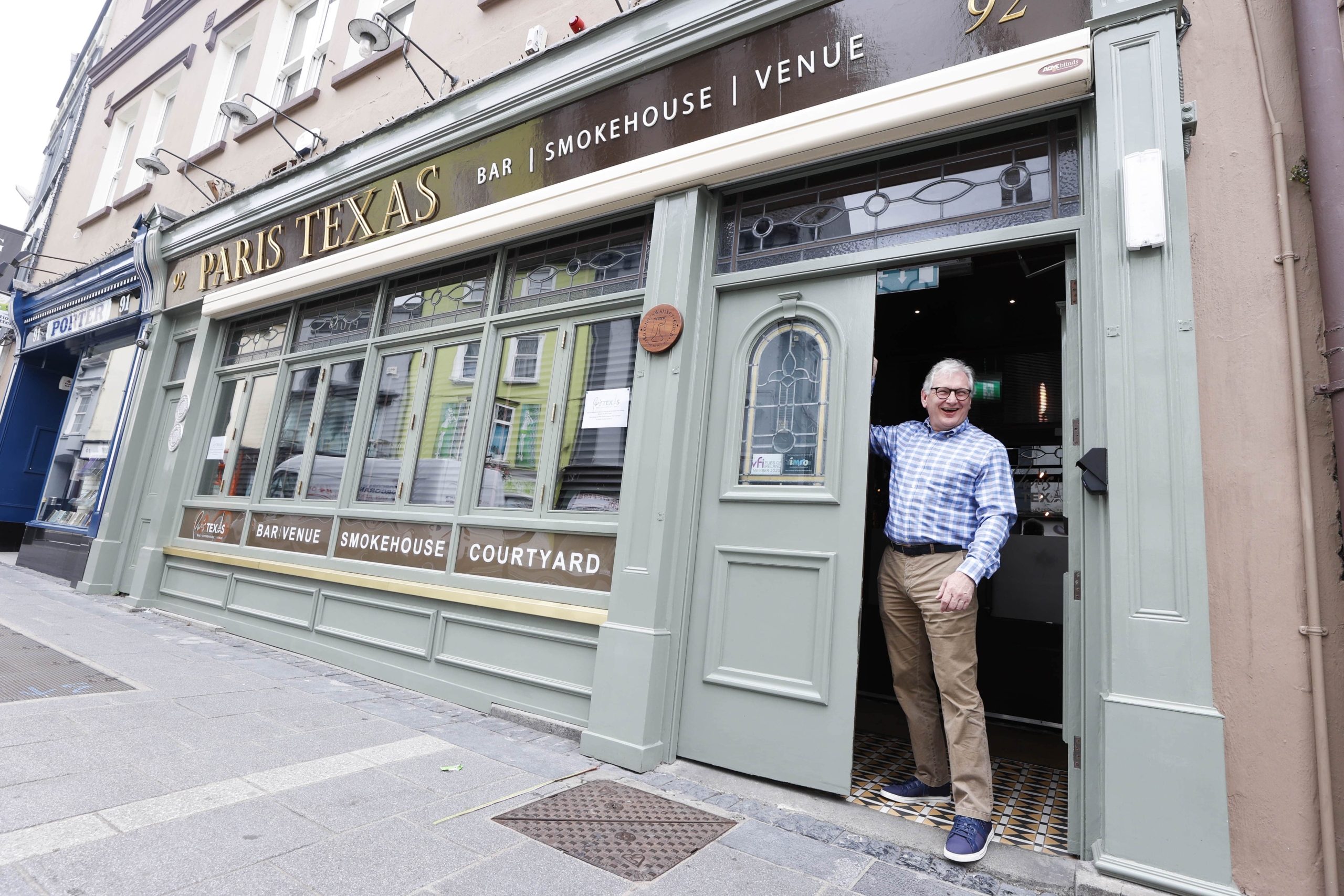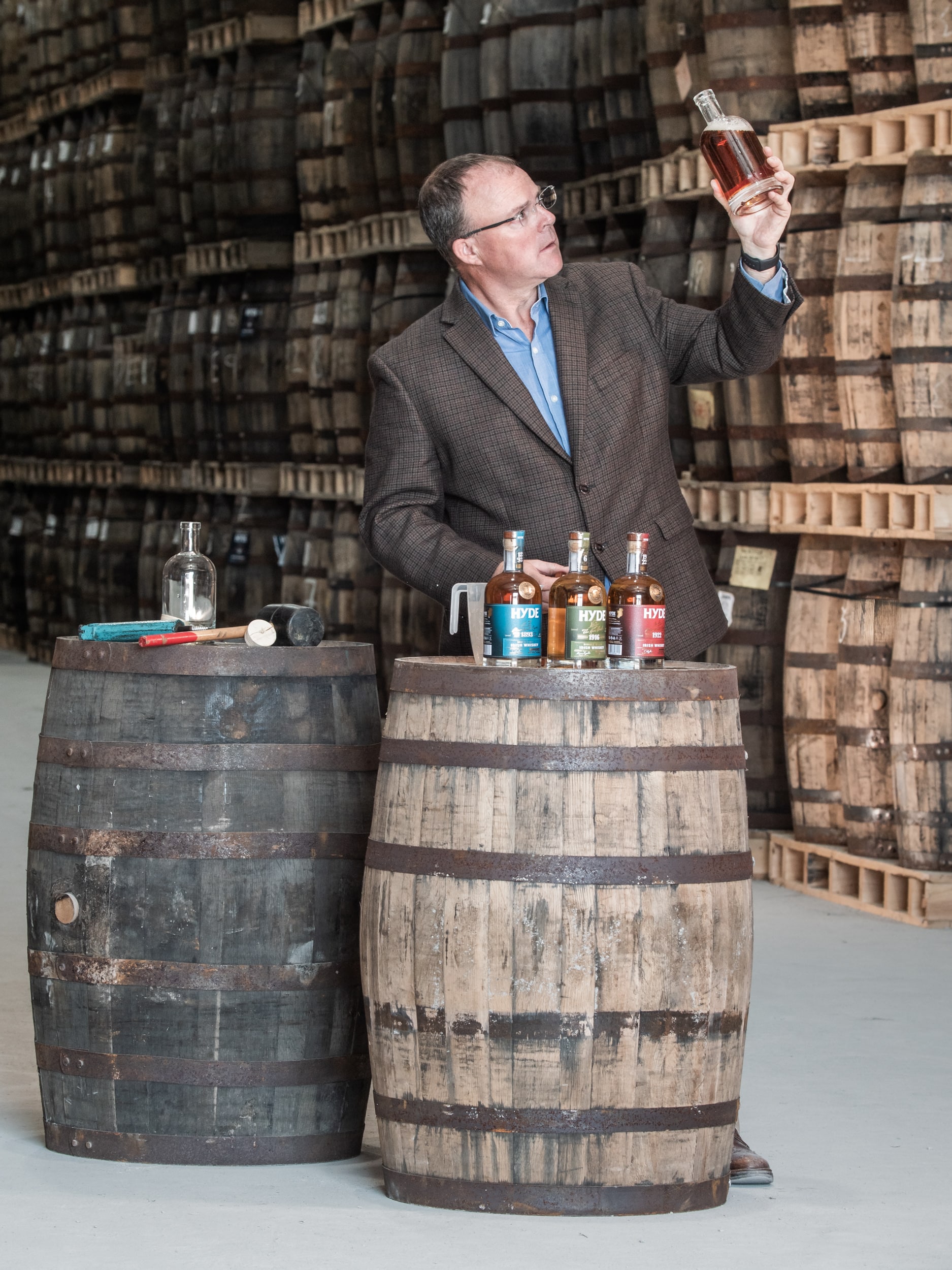An EU-US trade war could devastate the Irish whiskey industry, according to the Irish Whiskey Association. The body, which represents Ireland’s rapidly expanding network of distillers, new and old, made the comment today at a major gathering of the all-island Irish whiskey industry at Bushmills Distillery in Co Antrim.
If the current temporary exclusion of EU steel and aluminium from US tariffs expires on 1 June, the EU has threatened to impose 25% tariffs on certain US products, including bourbon and whiskey. These tariffs could come into effect as early as 20 June. If they do, the US may respond in kind and impose similar tariffs on equivalent European products.
For Irish whiskey, the consequences of this would be profound: approximately half of all Irish whiskey is sold in the United States, or 59% of the value of Irish whiskey exports, according to the CSO.
William Lavelle, head of the Irish Whiskey Association, said: “Our industry develops and manufactures products for the fastest-growing spirits market in the world—Irish whiskey. While we are committed to diversifying and securing growth in more markets, the fact is that the United States is of critical importance to us and will remain so well into the future.
“If the EU imposes tariffs on American bourbon and whiskey, Washington may respond in kind and impose tariffs on European whiskey exports, including Irish whiskey. Obviously this would have serious negative consequences for us, especially for the smaller, independent distilleries that have opened up in recent years. Higher costs of trade, and a reluctance among American businesses and consumers to buy more expensive Irish whiskey, will hamper growth and potentially put many Irish distilleries into financial jeopardy.
“Irish whiskey is undergoing a renaissance. This has yielded, and continues to yield, fantastic results for the wider Irish drinks industry, for small business, for tourism, and for Government revenue. Today, we are urging the EU to continue negotiating a peaceful solution to the tariff problem, and to avoid at all costs forcing small businesses in Ireland and around Europe into extremely difficult circumstances.”




